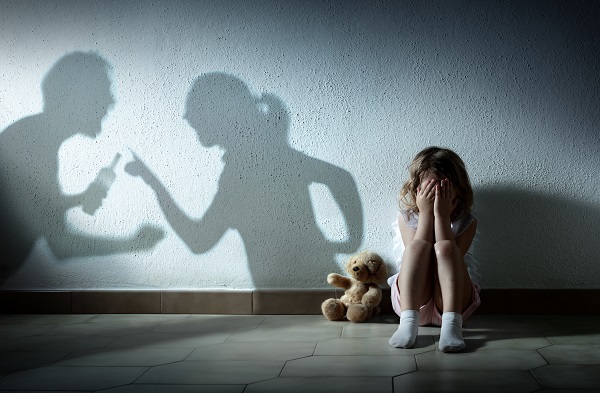
An event on gender-based violence and its impact on women's mental health is held.
Dublin, 29 November 2019: Coinciding with the 16 Days of Action on Violence against Women, the Women’s Mental Health Network – a collaboration between St Patrick’s Mental Health Services and the National Women’s Council of Ireland - today hosts a sold-out event exploring the impact of gender-based violence on women’s mental health.
One in four women in Ireland have experienced physical and/or sexual violence, marking a profound effect on women’s mental health and wellbeing. Women who experience domestic violence are three times more likely to be affected by depression, anxiety or other acute mental health conditions, such as schizophrenia or bipolar disorder, than other women.
The event includes speakers Gillian Dennehy, Services Manager of Women’s Aid, and Felicity Kennedy, clinical supervisor and psychotherapist, and marks the third event held by the Women’s Mental Health Network since its launch in 2018.
Dr Cliona Loughnane, Women’s Health Coordinator of the National Women’s Council of Ireland, said:
“Frequent and widespread experience of domestic and sexual violence by women in Ireland has devastating consequences for themselves, their children and their families. The mental health impact – from depression to post-traumatic stress disorder – can be far-reaching. As a society, we need to take women’s mental health seriously. There has been a much-needed conversation about mental health in Ireland which has helped to begin dismantling longstanding stigma. What has been missing from this conversation are the different life experiences women have – including domestic and sexual violence – which can impact their mental health. We must all listen to and trust women, so that we can support and empower them to report abuse, violence and control and receive the support they need.”
"Despite its prevalence and outcomes, under-identification of domestic violence remains a significant issue, including when women present within mental health services."
Elaine Donnelly, Team Lead Social Worker of St Patrick’s Mental Health Services, explained:
“It is crucial that mental health services play a proactive, engaged role in both identifying women experiencing domestic violence, and providing safe and effective responses to their needs. We must ensure that mental health practitioners are trained and resourced to recognise and act on the two-way link between domestic abuse and women’s mental health. Combatting complex issues like domestic violence and addressing their outcomes meaningfully requires cross-sectoral and multi-faceted responses which stretch across every aspect of our society. Creating the collaborative space for this to happen, and ensuring women’s perspectives at the centre of it, is one of the fundamental reasons we developed the Women’s Mental Health Network.”
Key statistics on domestic violence and mental health
- Women who experience domestic violence are three times as likely to develop a mental health condition (Chandan et al, 2019).
- Experience of domestic violence is shown to leave individuals over seven times more likely to go through post-traumatic stress disorder (Trevillon et al, 2012).
- One in four (26%) women in Ireland had experienced physical and/or sexual violence by a current and/or previous partner, or by any other person since the age of 15. Research indicates 14% of Irish women have experienced physical violence by a partner since the age of 15, and 31% have experienced psychological violence (European Union Agency for Fundamental Rights, 2014).
- In 2018, 16,994 disclosures of domestic violence against women were made to Women’s Aid (Women’s Aid Femicide Watch Report, 2019).
- Domestic violence affects an estimated 30% of women worldwide (World Health Organisation, 2013).

